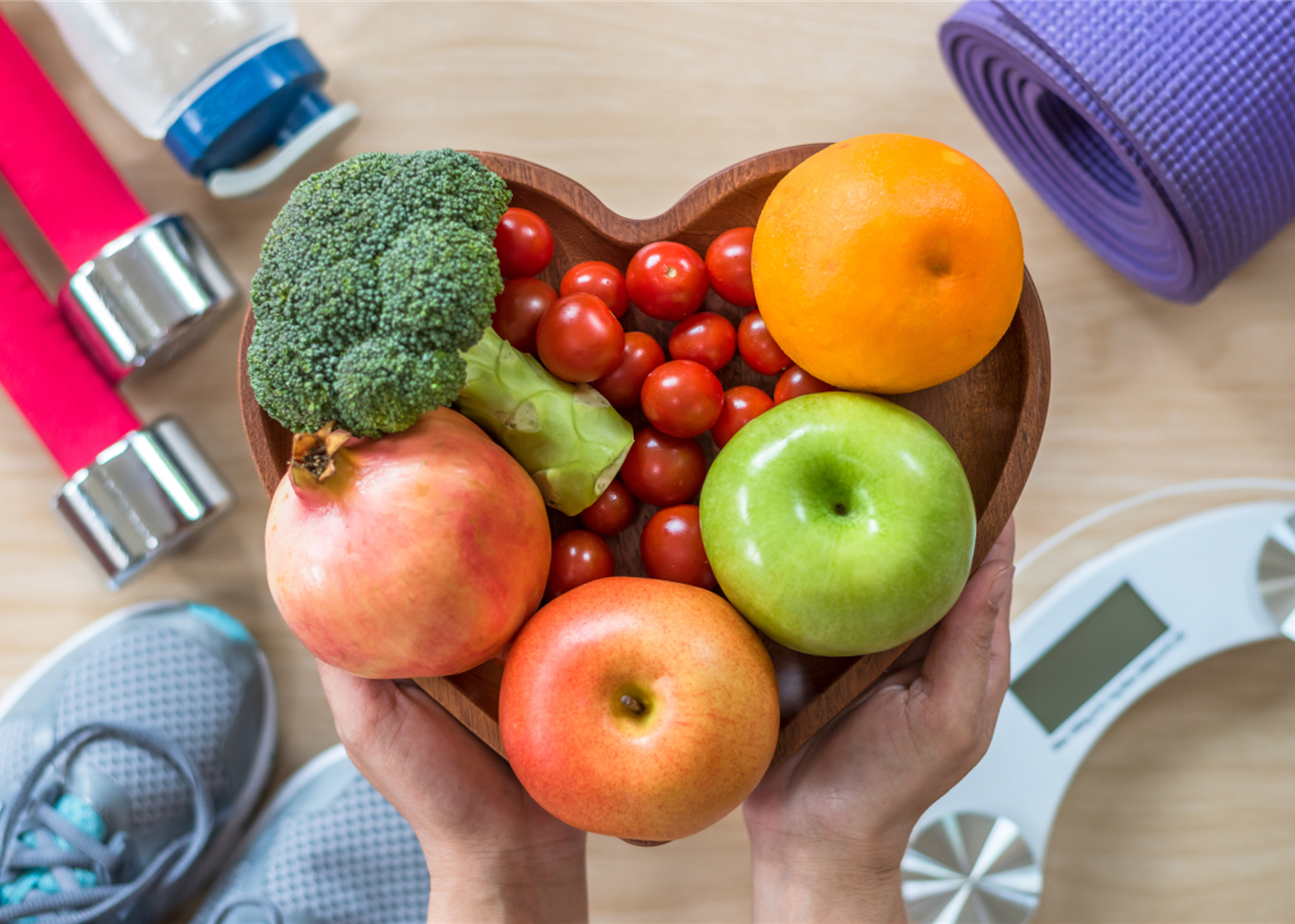NHTI's Health and Wellness degree program offers you a sound academic foundation to pursue an entry-level position in health and fitness, community health, and health education, and/or transfer to a 4-year program in any of those fields. This program prepares you for the competitive and ever-expanding field of healthcare and personal wellness services. Students in the Medical Coding and Coaching certificates can seamlessly apply those credits towards this program.
There are three tracks for this program: Medical Coding, Coaching, and Health and Wellness.
Do you have questions? The department chair for this program is Amy West, who can be reached at awest@ccsnh.edu.
Apply for this program today on our Admissions page with step-by-step instructions and enrollment pathways build just for you!
This program provides a sound academic foundation for the student who wants to pursue an entry-level position in nutrition, health and fitness, public health, and health education, and/or transfer to a 4-year program in any of those fields.
General Education Core
Track: Medical Coding
Track: Coaching
Includes 6-7 credits in electives (see below). One elective course must be at the 200 level.
Track: Health and Wellness
Includes 12-13 credits in electives (see below). One elective course must be at the 200 level.
Electives
Program Learning Outcomes
- Students will communicate effectively.
- Students will employ vocabulary pertinent to health science.
- Students will complete research and use peer-reviewed sources of literature.
- Students will use critical thinking.
- Students will apply the scientific method.
- Students will evaluate personal wellness concepts and improve self-selected areas of wellness.
- Students will demonstrate the application of scientific technology.
- Students will practice lab safety procedures.
- Students will utilize current technology to collect, analyze, and present data.
- Students will express quantitative and qualitative scientific knowledge.
- Students will demonstrate knowledge of human anatomy and physiology.
- Students will design nutrition and wellness education and training programs for individuals and groups.
Click here for the full PDF of learning outcomes.


